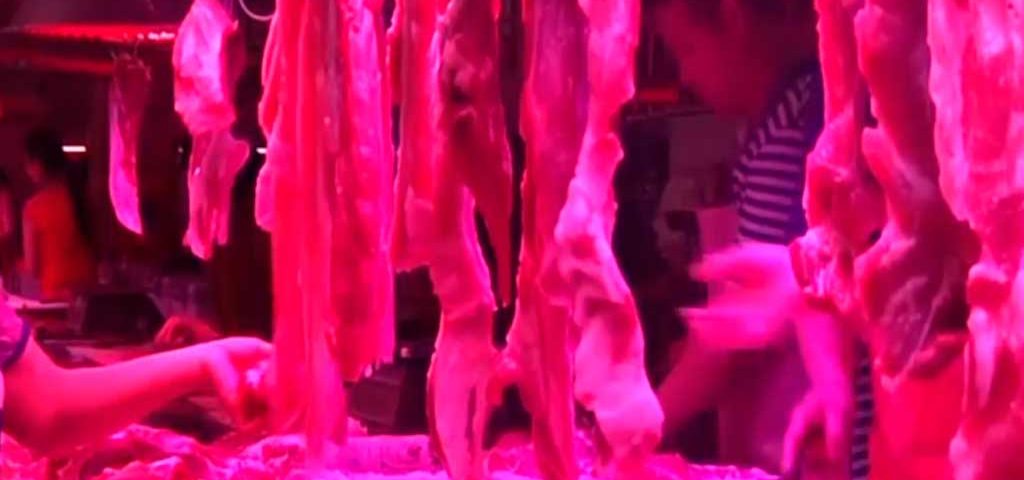Wuhan Coronavirus and wet markets

Taking care of your sink bowls
13 de February de 2020
Face and Trump’s Chinese Coronavirus
23 de June de 2020If you have been to a wet market in China, you can not be too surprised when they tell you that the Wuhan Coronavirus, the new pandemic spreading through China, did originate in one of these markets. There is a lot of talk about the wet market in Wuhan, but it’s only one of thousands. I have been in many, in small cities, big cities… There is one next to our home in Hangzhou. No matter the place, the markets are always similar.
Hygiene is non existant, and you smell the market before you see it. When you live in China, you get used to it and don’t even notice it too much. But smell is caused by bacteria decomposing the food, or by animal faeces. So even if we are used to it, smell points to low hygiene. And smell that can knock you off your feet points to extremely low hygiene.
Vegetable stalls are OK, as they don’t smell too much when they rot.
Meat section is more problematic, and where the real smell begins. In many cases you have meat, put directly on wooden boards, with no refrigeration at all. As you can imagine, flies are the minimum you can expect. I remember once we went to a market in Nanjing. It was lunch time, the sellers of most stalls had set all the meat apart, and were sleeping on the boards where they put the meat on display. We just bought meat once at one of these markets, we cooked it well and it was no problem. But the same day, one of our friends bought some ground meat for hamburger and he was sick
Fish is usually OK, because they are alive (or dead floating) inside of plastic containers full of water. You choose the fish that you want, they catch kill and prepare it for you. Just make sure to cook it well.
The main problem is the section of live animals. This section varies a lot depending on the market. In a normal market you can find chickens, turtles, frogs… But in “good” markets you have a huge choice: dogs, mouses, rabbits, bats, snakes, civets… you name it, they have it. At these areas, the smell is almost unbearable, we used to bring friends there and watch their faces while they tried not to breath.
So you can imagine: the cramped corridors, all kind of animals (and animal faeces) in close contact, people everywhere… And, in most coastal areas (like Wuhan, Guangzhou, Zhejiang, Beijing…), high humidity and temperatures between 30 and 40 degrees Celsius in Summer monthes (especially in Wuhan, which is very hot)
On the other side, you have supermarkets, everywhere in China now.
Supermarkets are another world. Hygiene is regulated and controlled. There are no smells. Meat and fish are in good condition, in refrigerated display cabinets. No food on display is rotting. And live animal selection is very limited, usually some fish. In big cities, most people buys in supermarkets, especially the fish and meat.
So why didn’t the government ban or regulate wet markets after SARS in 2003?
Because it’s not easy. Hundreds of thousands of poor people all around China depends on them. In most of the markets you find around, people on the stalls are farmers selling their vegetables, or some animal. In big markets the picture changes, especially for “exotic” animals, as margins are higher and there are companies taking care of the business.
But if they tried to regulate the hygiene on these markets, most would disappear, because mostly, people selling on these markets are poor and would struggle to adapt to the new regulations. But after the Wuhan Coronavirus, some regulations will be introduced, and the Chinese government will need to take care of those left behind
Marc Torras




